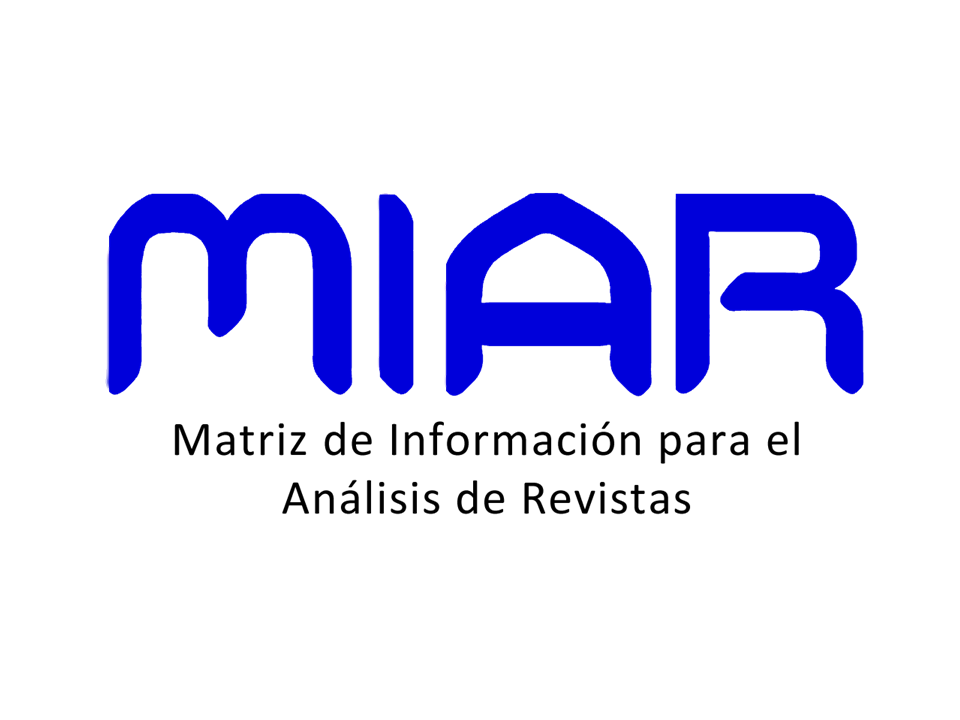“NADA DO QUE FOI SERÁ DE NOVO DO JEITO QUE JÁ FOI UM DIA”? – O LIVRO DIDÁTICO DE PORTUGUÊS EM FOCO
DOI:
https://doi.org/10.22478/ufpb.1983-9979.2021v16n2.58819Keywords:
Textbook, Portuguese Language, Historiography of Linguistics, Applied Linguistics, Didactic ProjectAbstract
This paper explored the relationships between Historiography of Linguistics and Applied Linguistics in order to answer two questions: I) what lines of (dis)continuity exist between the didactic project of a Portuguese language contemporary textbook and a didactic project of a Portuguese language textbook from the 90’s of the 20th century?; and II) what relationships can be established between those lines of (dis)continuity and the theoretical-methodological proposals for teaching Portuguese language? Two textbooks’ unities that focused on argumentation were analyzed: one unity is from the textbook Linguagem Nova, by Carlos Emílio Faraco and Francisco Marto Moura (1994), and the other one is from the textbook Português: Conexão e Uso, by Dileta Delmanto and Laiz Barbosa de Carvalho (2018). Results showed two continuities and five discontinuities. The continuities have their origins in approaches for language teaching that have existed for centuries. The discontinuities are related to discourses that emerged in Brazilian academia during the 70’s of the 20th century. Two decades later, those discourses became the governmental/official ones.










